After Epic Demolition Job, Google’s and Apple’s Walled Gardens Are Still Standing — For Now
Google's loss to Epic Games in a landmark antitrust case has dislodged a brick in the app stores, but the foundations are strong and designed to last.
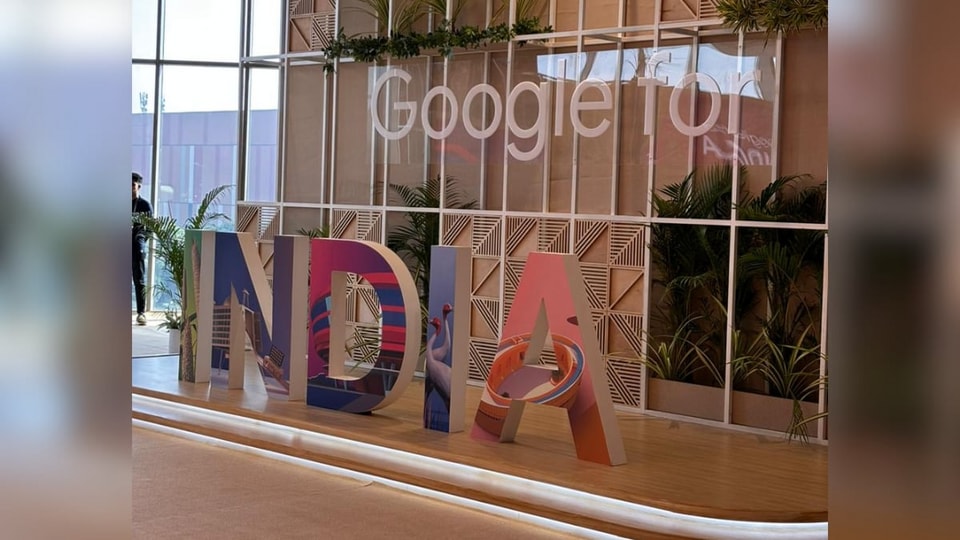
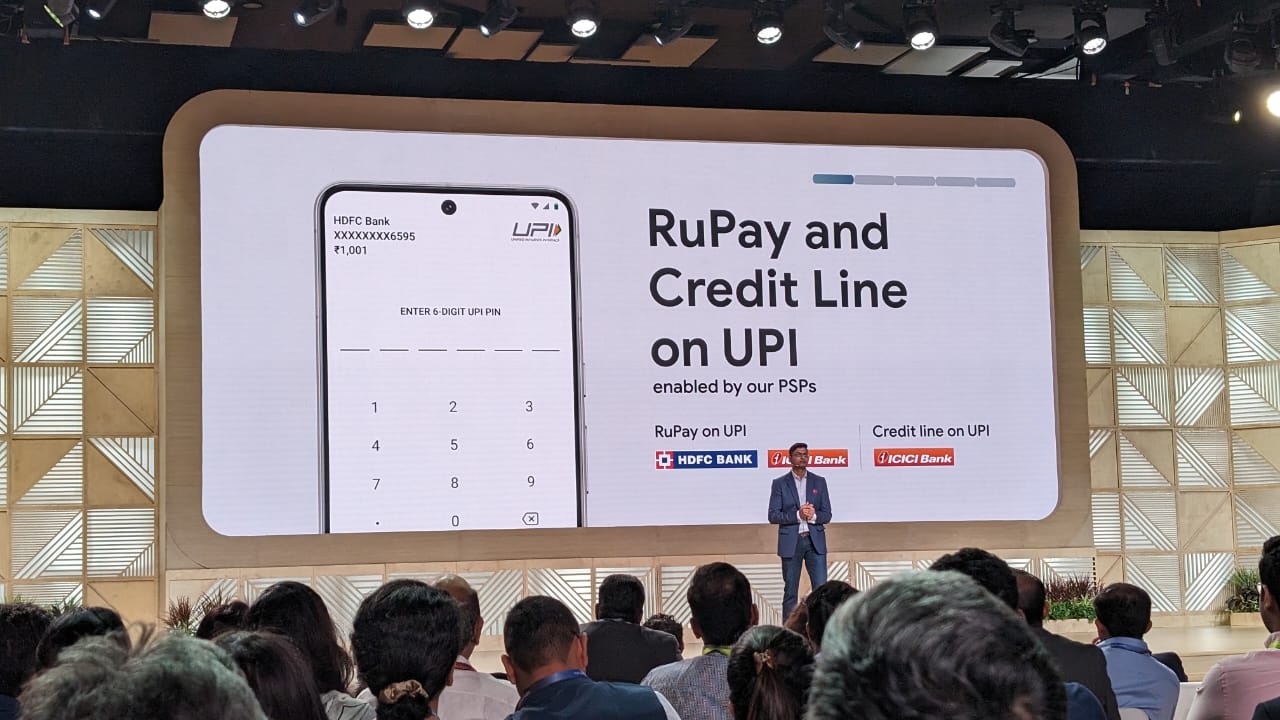
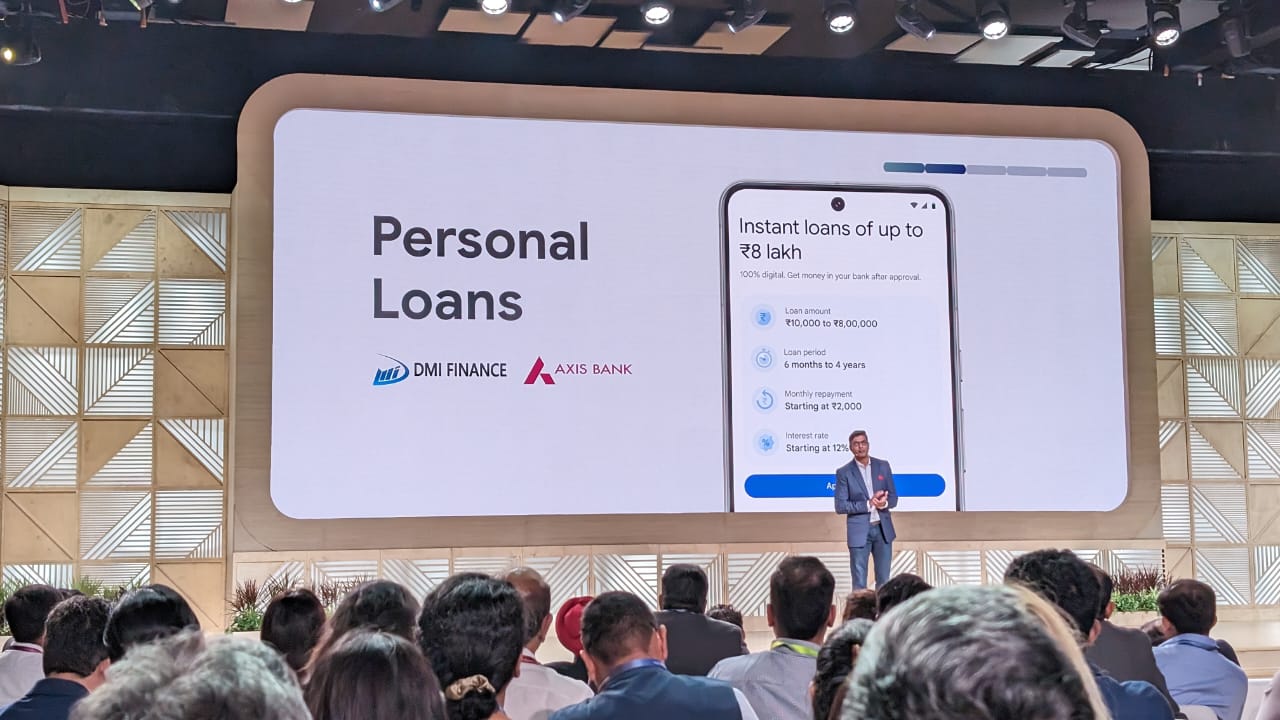
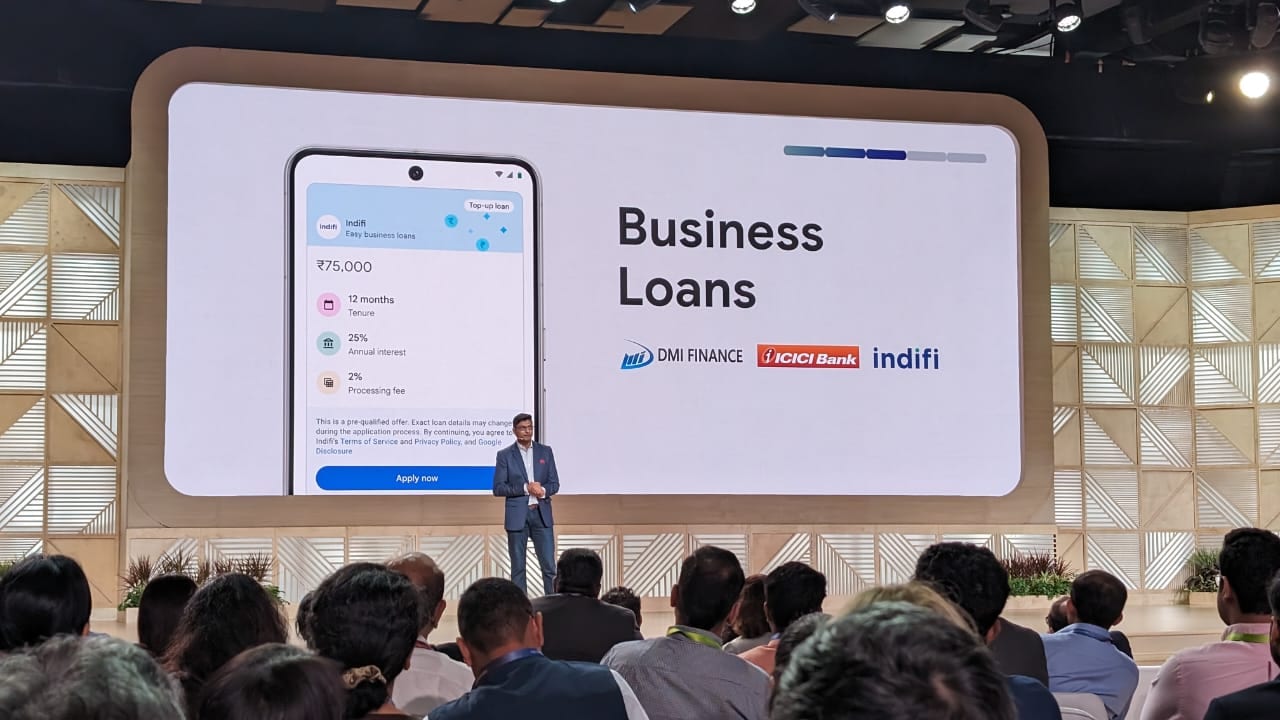
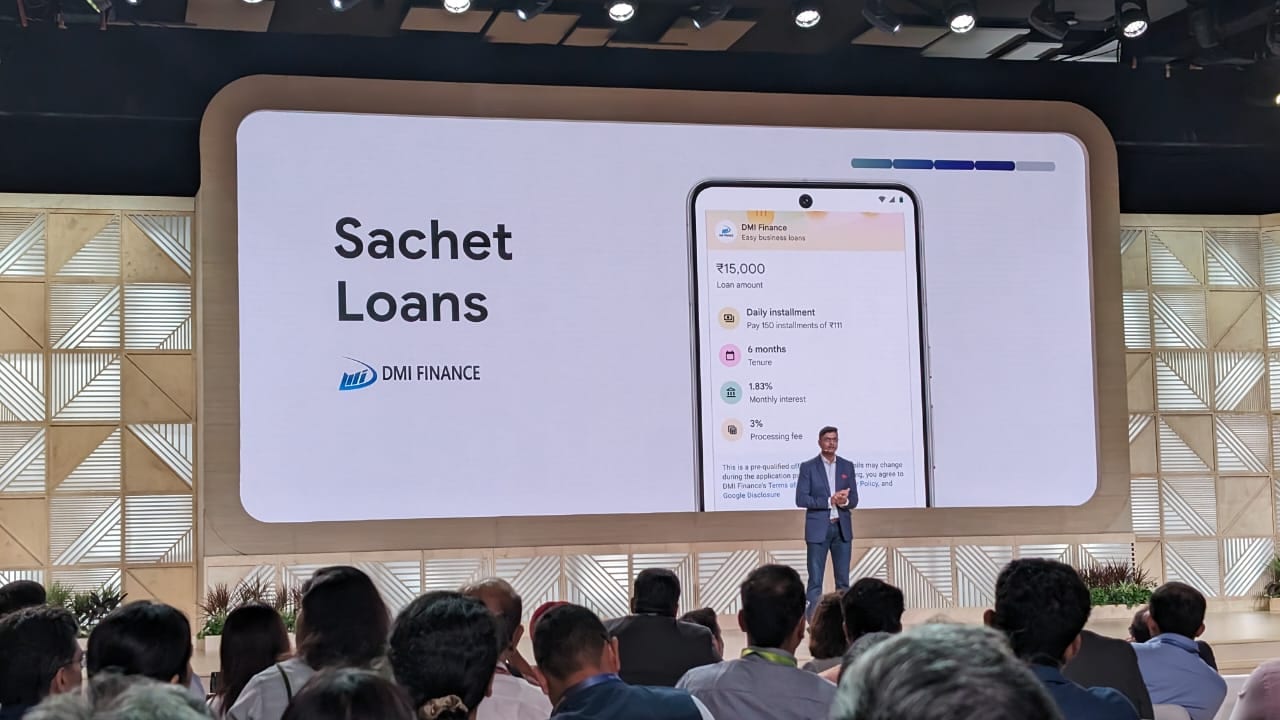
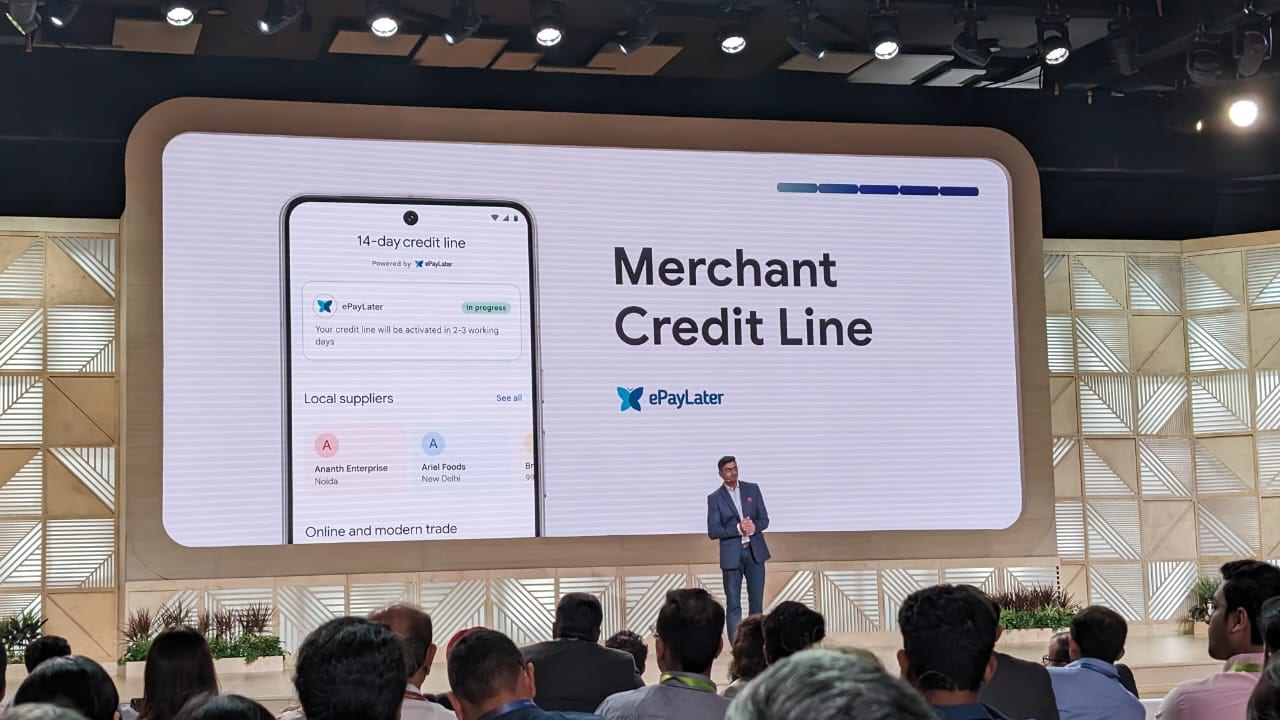
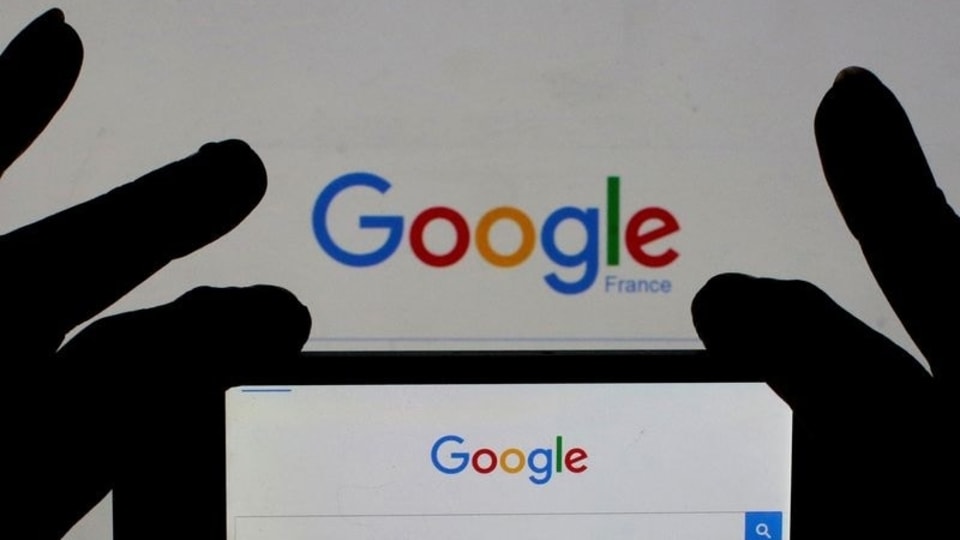
 View all Images
View all ImagesA San Francisco jury took less than four hours to decide on Monday that Google was running an illegal monopoly designed to exact huge fees from app developers. The verdict was a huge victory for Epic Games Inc., the maker of Fortnite, and signals that the onerous terms imposed by Google and Apple Inc. for using their walled-offed app stores may be on the way out — but not for a while.
Epic, which sued both Google parent Alphabet Inc. and Apple in 2020, had been being kicked out of Google's Play Store and Apple's App Store for attempting to circumvent the required payment systems — and the cut of up to 30% the companies take from transactions that go through them.
And while Epic lost its case against Apple, its victory against Google is already being heralded as a turning point in the mobile app economy, one that stands to help companies like Epic make many billions of dollars more in revenue each year. (Google has said it plans to appeal.)
Epic Chief Executive Officer Tim Sweeney put it plainly in a Bloomberg interview on Monday: “The dominoes are going to start falling here. The end of 30% is in sight.”
In sight, maybe, but still a long way off. The walled gardens of iOS and Android are built on foundations strong enough to withstand this one verdict. Investors know this — the stock prices of both companies barely moved on Tuesday morning despite the fact that, for Google, the jury's decision likely means a heavy penalty when the judge decides on remedies early next year.
But a brick has been dislodged. The fees that Apple and Google take from app sales and in-app purchases have long been a significant sticking point that could never last indefinitely as the mobile app market matured. Currently, the fees generate around $200 billion a year for the companies — income they both say is fair compensation for maintaining and running the stores securely. They argue that consumers and developers both benefit from the simplicity and security of a centralized store on each respective platform. Many developers don't see it that way, however, and it's through Epic that they have found a knight in shining armor with the deep pockets required to wage the fight.
It's important to consider why Epic won its case against Google but lost against Apple. What marked Google's behavior as particularly egregious was the immense effort to deter potential competitors from launching mobile app distribution efforts of their own. It invested hundreds of millions — at least — in an effort called Project Hug that involved approaching top games developers with financial incentives in the hope of steering them away from agitating for better terms.
Some companies, like Netflix Inc. and Spotify Technology SA, were offered sweetheart deals that meant they paid a smaller percentage of commissions on in-app transactions. In addition, Google put in place expensive agreements to make sure device manufacturers like Samsung prioritized Google's store over any possible others.
Apple, by contrast, treats everyone on its store equally (as far as anyone is aware) and has no need to pressure any device maker because it makes its own phones. Developers may not like it, but as the judge in its case with Epic put it, “success is not illegal.”
But the judge in the Apple case did impose one order on the iPhone maker — a taste of some of the pro-consumer tweaks to app store policy that can be expected over the coming months and years. She forced (pending a potential Supreme Court appeal) the company to abandon its “anti-steering” rules that prohibit app makers from directing users to alternative ways to pay for subscriptions and in-app purchases outside of the app, such as going to a company's website directly through a browser. Europe's Digital Markets Act will eventually force Apple and Google to permit those alternative payment methods right there in the app. It also will force them to let third parties have entire app stores of their own available on iOS and Android.(1)
If the US can get its regulatory act together, similar ideas could take hold here. There is still merit in giving Apple and Google strong controls over what goes on their platforms. They're called walled “gardens” for good reason — they're pleasant and well maintained. Nobody wants to go back to the wild west of buying things online. But more choice is good for consumers as long as it's done in a way that protects customer safety and security. Companies like Epic are rightly salivating at this opening up of opportunity.
One more thing! We are now on WhatsApp Channels! Follow us there so you never miss any update from the world of technology. To follow the HT Tech channel on WhatsApp, click here to join now!
Catch all the Latest Tech News, Mobile News, Laptop News, Gaming news, Wearables News , How To News, also keep up with us on Whatsapp channel,Twitter, Facebook, Google News, and Instagram. For our latest videos, subscribe to our YouTube channel.

























